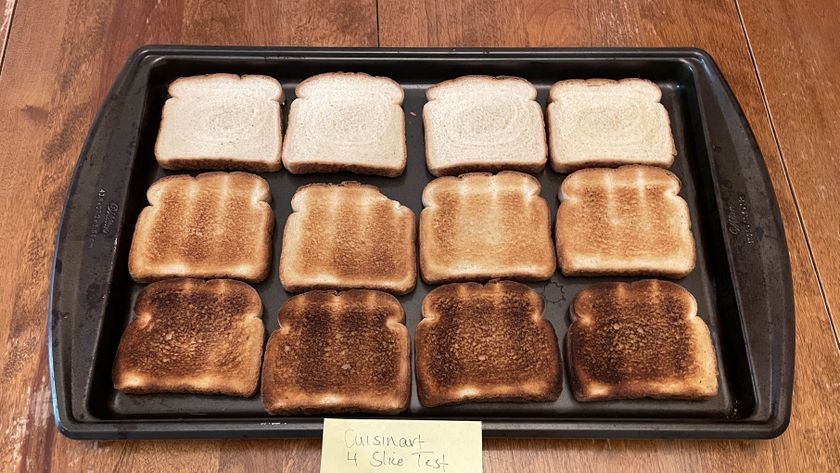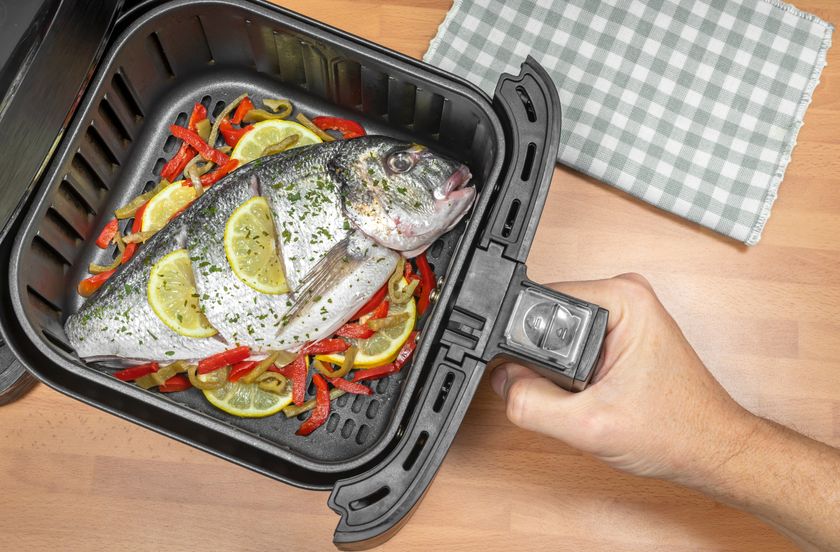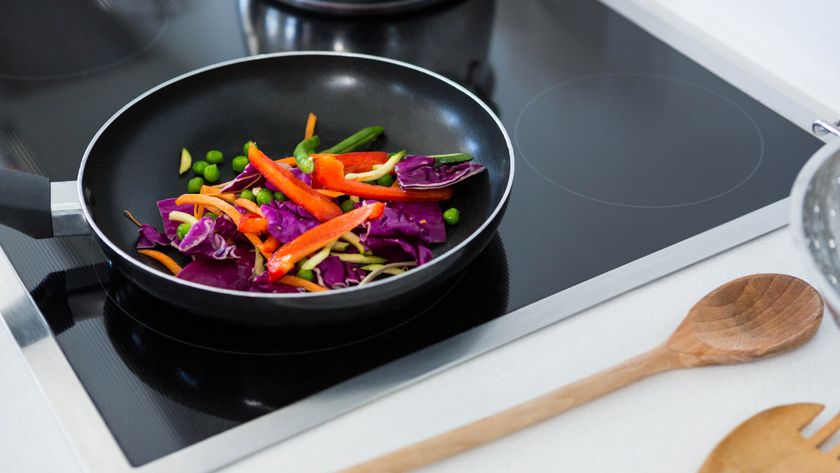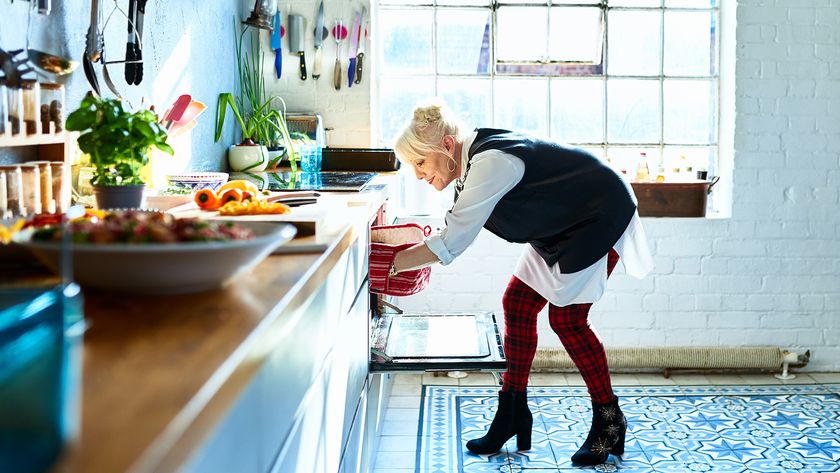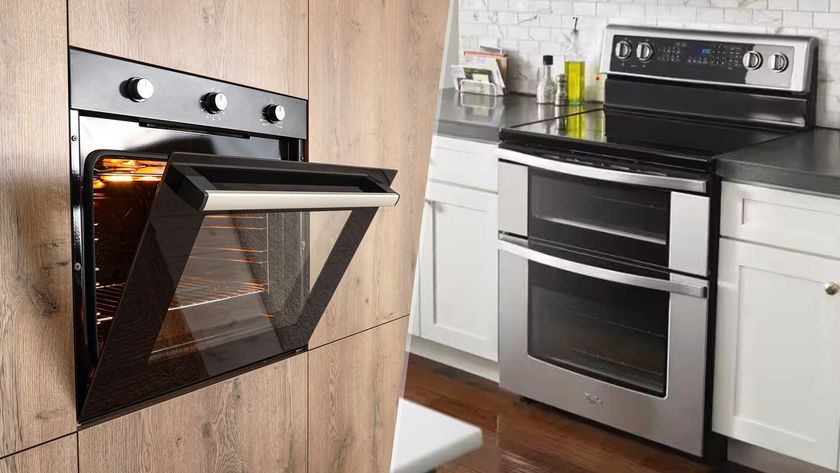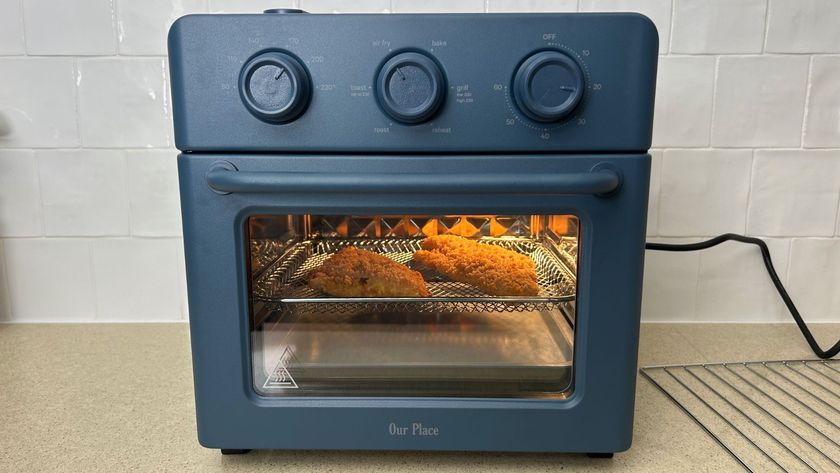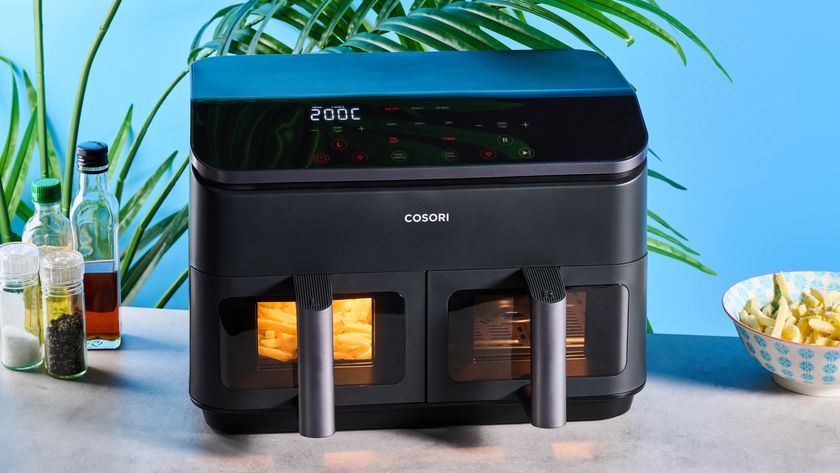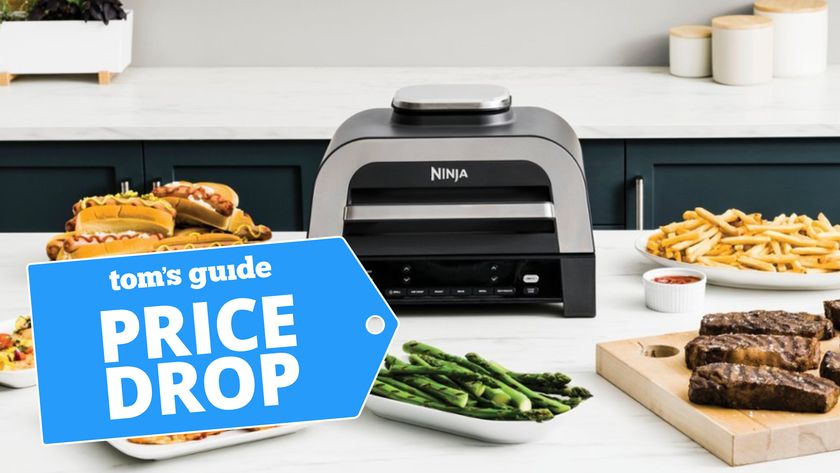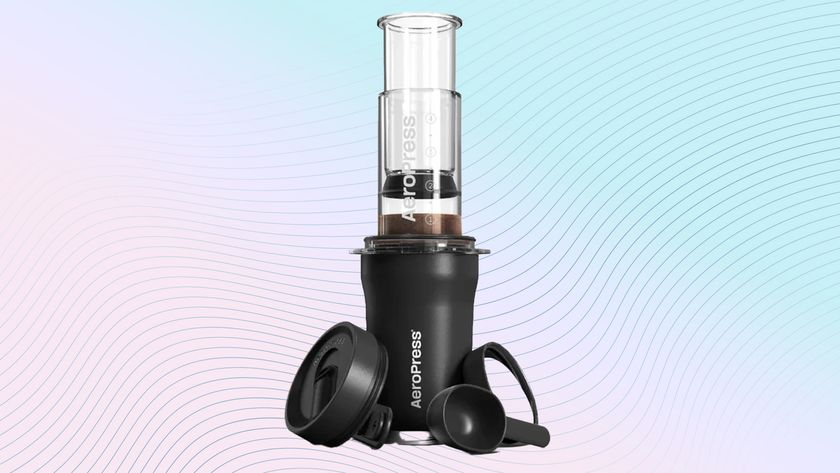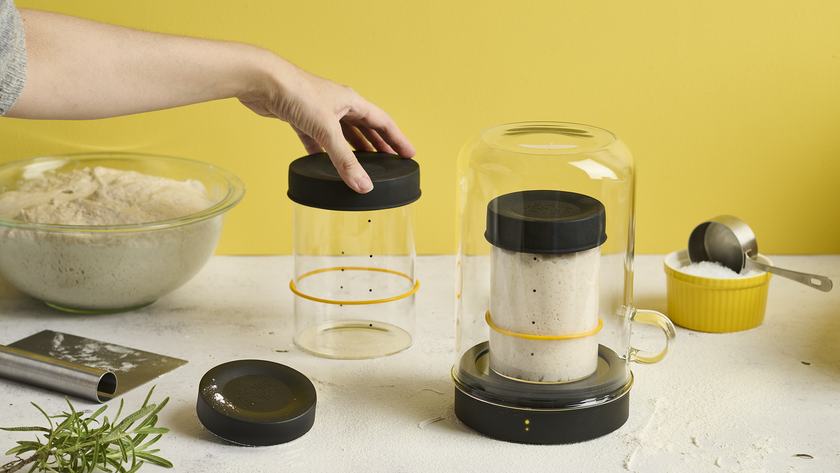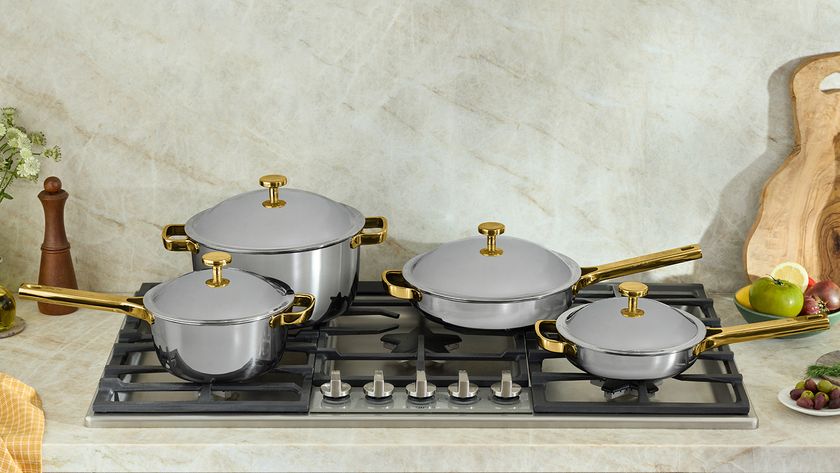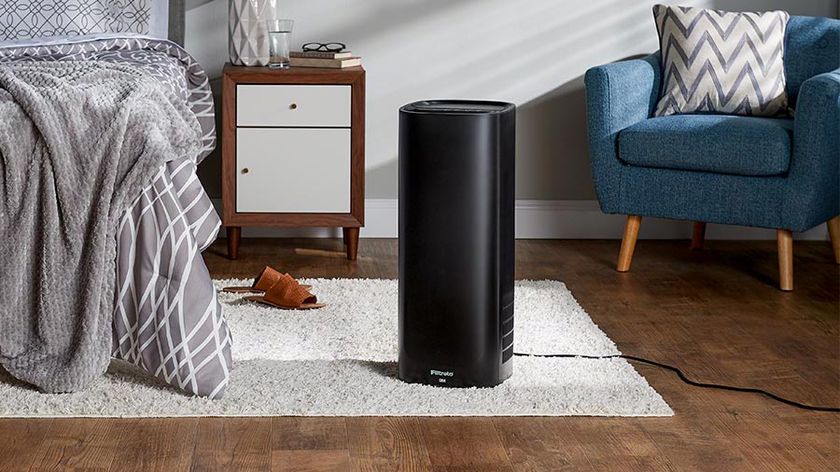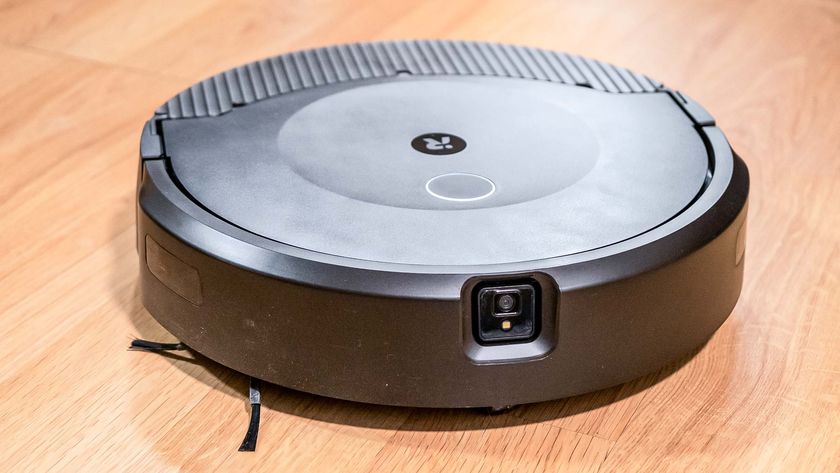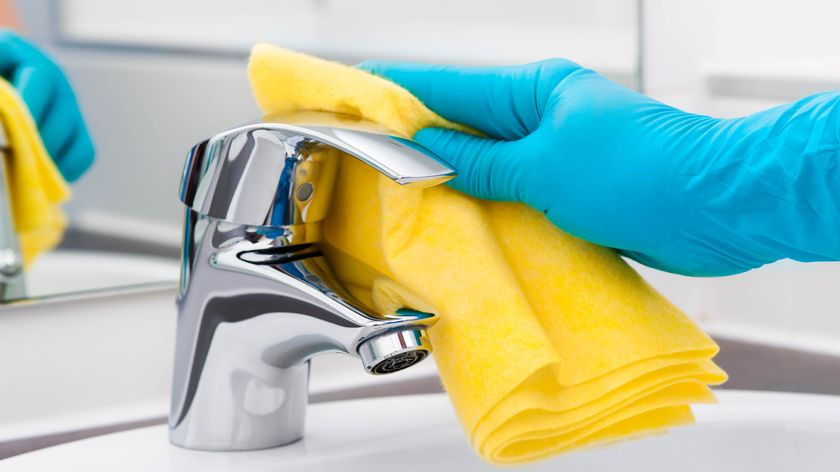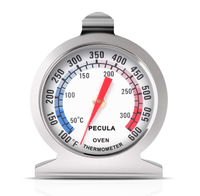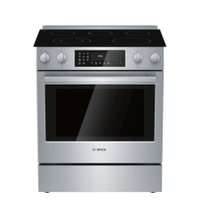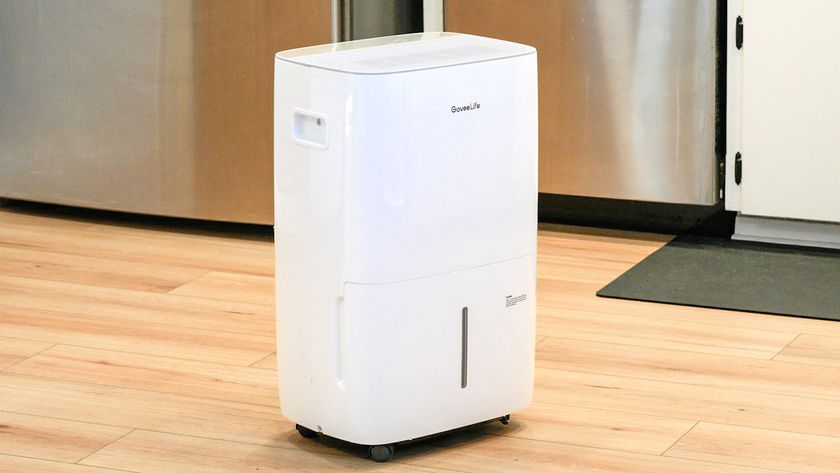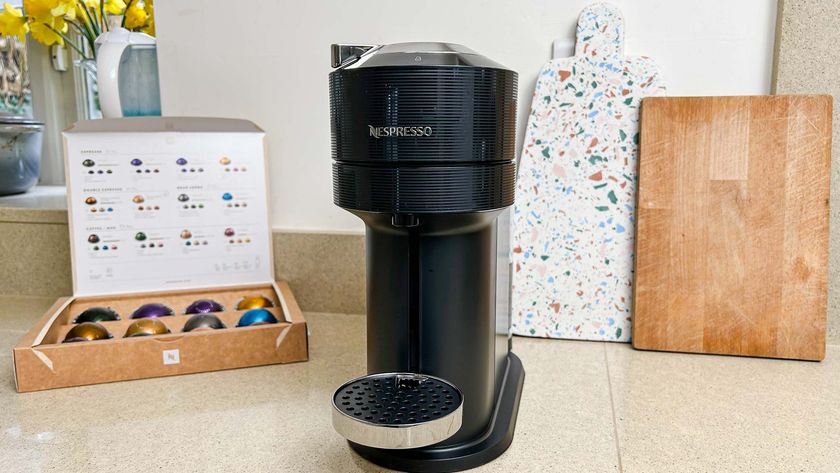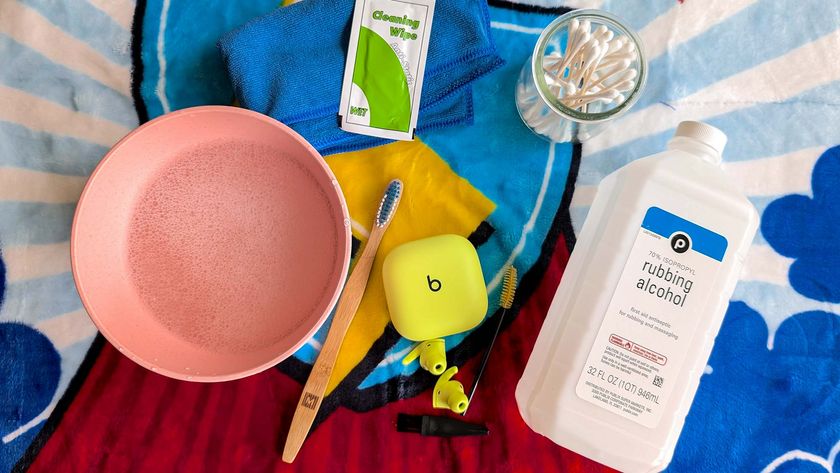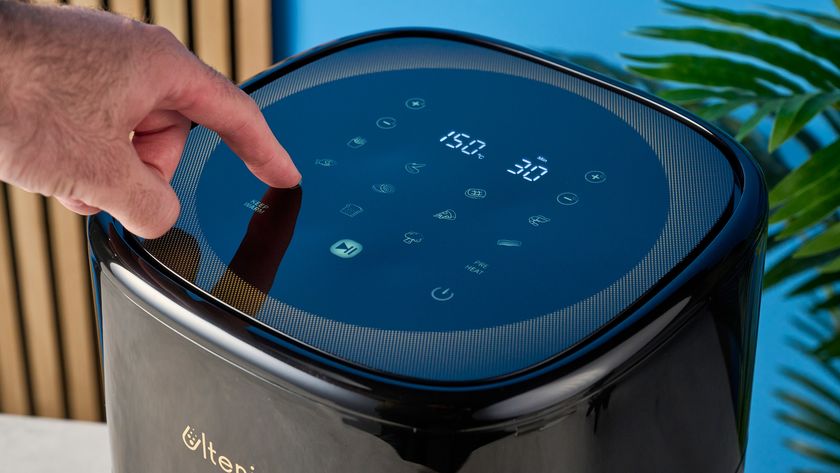Oven not cooking evenly? Experts share 6 common causes, and how to fix them
Several potential culprits could cause your oven to cook unevenly, and most are easy to fix.
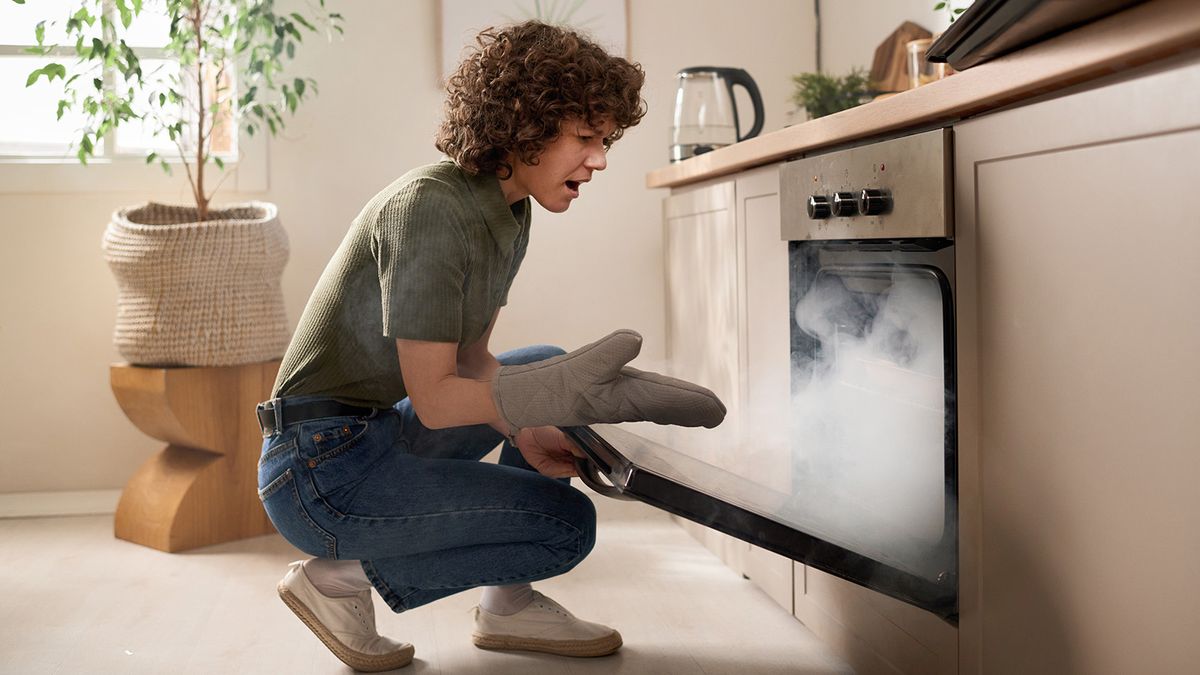
Your oven or electric range is one of the most vital appliances in your kitchen. If it’s not functioning correctly, it can become a real pain in the neck. If your oven isn’t cooking evenly, you might be tempted to throw it out and buy a better model, or even a gas range! However, in many cases, you can fix the problem quickly and easily, saving you both time and money.
We contacted three appliance experts to help explain why your oven is not cooking evenly, the most likely causes of the issue, and when to consider replacing your oven rather than paying for repairs.
How to tell if your oven isn’t cooking evenly
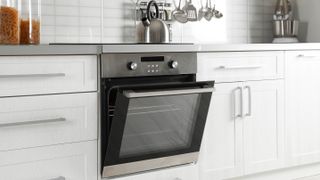
If you think your oven is not cooking your food evenly, there are several signs to look for. First, uneven browning can indicate an oven that is not functioning correctly. “Baked goods may be darker on one side and pale on the other,” says Andy Shu, appliance repair expert at ZapFixers. “I once helped a customer who baked cakes as a side business. She noticed one side of her cake was consistently darker. After some troubleshooting, we found that her oven’s heating element had worn out in one section, causing an imbalance in temperature.”
Your food may also have hot or cold spots. “Some areas of the oven cook faster than others,” explains Rocky Vuong, founder of Dallas, Texas-based cleaning company Neatbrite. “If you find yourself turning trays midway through baking for even results, this is a sign of uneven cooking.”
And your food might take more or less time to cook than indicated in a recipe. “If recipes don’t turn out as expected, with food undercooked or overdone, it could indicate uneven heating,” warns Shu. According to Moniqueca Sims of SSG Appliance Academy, “If the same problem happens with various recipes, then it is a very good indication of isolated and consistent over- or undercooking in your oven.”
Finally, you may notice that your food is burnt around the edges but undercooked or raw in the middle. This is another sign that your oven isn’t cooking evenly.
Potential reasons why your oven’s not cooking evenly
Knowing the signs of your oven not cooking evenly is just the beginning. You’ll need to find out what is causing the issue so you can fix it and get your oven functioning properly ASAP. Here are some reasons suggested by our experts.
Sign up to get the BEST of Tom's Guide direct to your inbox.
Get instant access to breaking news, the hottest reviews, great deals and helpful tips.
1. Faulty heating elements
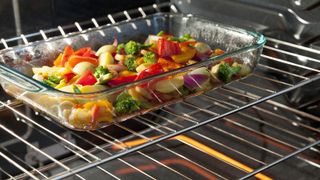
An improperly functioning heating element could cause uneven cooking if you have an electric oven. “The upper or lower element may burn out over time,” explains Shu. Check for signs of wear (like blisters or breaks) on the heating elements, and be aware that there may be a hidden element causing your oven to malfunction.
2. Temperature sensor issues
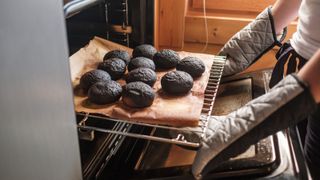
Your oven’s temperature settings ensure your food is cooked at the correct temperature. But sometimes, the sensor isn’t positioned correctly, so it can’t accurately determine the temperature inside the oven.
Issues with the temperature sensors can lead to unevenly cooked food. “If the sensor inside the oven is faulty, it won’t regulate heat properly,” explains Shu.
The best way to check if your temperature settings are off is to use an in-oven thermometer that can give you an accurate reading of what your real oven temperature is. If this doesn't align with your chosen setting, that could indicate a broken sensor.
3. Damaged door seal
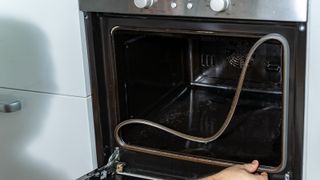
If the oven door isn’t sealed properly, heat can escape from the oven. As Shu explains, “Heat escapes through a worn or torn door gasket, making it hard for the oven to maintain a consistent temperature.”
Check your door seal to see if you notice any damage. And while it’s tempting to keep opening your oven to check the food, it also lets heat escape, affecting cooking times.
4. Obstructed or broken fan
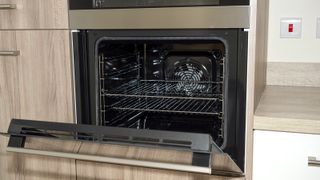
A convection oven uses a fan to distribute heat evenly throughout the appliance—but if the fan isn’t working correctly, your food will cook unevenly. “If the fan is blocked or not functioning, air circulation is compromised,” explains Shu.
Check the fan by manually turning it when the oven is fully cool. If it resists, you will likely need to call an appliance repair specialist to fix it.
5. Racks in the wrong position
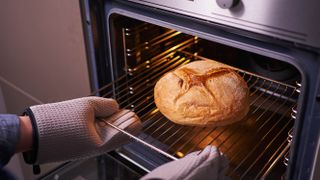
Your racks could simply be in the wrong position for even baking—especially if you’re unfamiliar with the oven. Shu says, “[The] placement of the racks can cause uneven heating, especially when baking multiple dishes.”
Test out different rack positions to see if they help even out your cooking. If the food on the top rack burns frequently, try lowering it to see if that helps.
6. Dirty oven
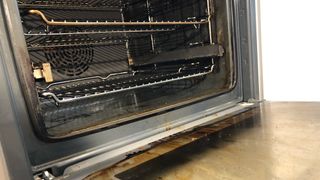
A dirty oven can affect its function. Vuong states, “Grease and food buildup can affect heat distribution.” Food buildup can reduce the appliance’s heating efficiency and damage the oven.
Clean your oven frequently or after a spill to prevent uneven cooking.
Should you repair or replace an oven that’s not cooking evenly?
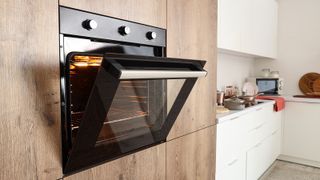
When your oven isn’t cooking evenly, you might be tempted to scrap it and buy a new one. But that’s not always the best course of action. If the issue is as simple as the racks being in the wrong position or the oven being excessively dirty, it’s easy to address these issues and keep the appliance you have. But sometimes, it might be better to replace your oven.
One consideration is the age of your oven. Vuong explains, “If the oven is over 10 to 15 years old, replacement might be more cost-effective in the long run.” Also, consider how frequently your oven breaks down and needs repairs. “If multiple components are failing, it’s more cost-effective to upgrade to a newer model,” advises Shu.
The Bosch 800 Series is our top pick of the best slide-in electric range you can buy, and it's currently $240 off at Best Buy. If you need to replace an electric range as soon as possible, this is our top choice.
Another factor is the cost of repairing the oven compared to the replacement cost. “If the repair cost exceeds 50% of the price of a new oven, consider replacing,” recommends Vuong. Sims agrees: “When the costs of servicing one or more times per year approach (or possibly exceed) half the cost of buying a completely new oven,” she says it’s time to replace it.
If your oven lacks the features you want, buying a new one might be the best option. “If your oven lacks features like convection cooking, air frying, or steam cleaning, an upgrade might be worth it,” says Shu.
Finally, consider the efficiency of your oven. “Newer ovens are often more energy-efficient, saving you money on utility bills,” explains Vuong. This alone could be a reason to ditch your old oven in favor of a newer, more efficient model.
More from Tom's Guide

Catherine Hiles has over a decade of experience writing and editing on various topics, including home improvement, personal finance, home finances, pet ownership, and parenting. Her work has been featured on BobVila.com, TIME Stamped, The Penny Hoarder, and more. In her spare time, Catherine enjoys running, reading, spending time with her kids and dogs, and tackling projects around the house.
